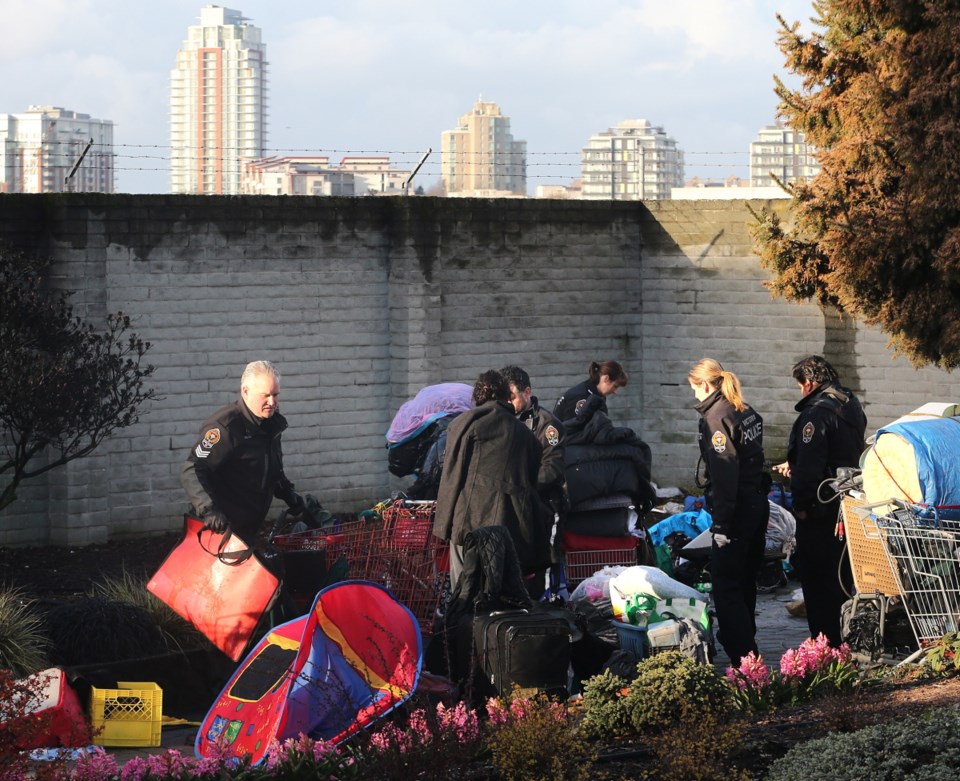For less than $46 per Canadian a year, the country could put an end to chronic homelessness, says a national report released this week.
“It’s cheaper to fix homelessness than it is to ignore it,” said Tim Richter, one of the authors of the State of Homelessness in Canada 2014.
The second annual Homeless Hub report cites a lack of affordable housing as the biggest contributor to homelessness across the nation today, and ties that directly to the withdrawal of the federal government’s support since the early 1990s.
“The explosion of homelessness in this country directly correlates to that experiment,” said Richter. Over the past 25 years, the annual investment in affordable housing has decreased by 46 per cent, despite a population increase of 30 per cent. In 1989, Canadians contributed through taxes $115 per person annually to federal housing. By 2013, that number had dropped to $60.
“The provinces and the cities just don’t have the finances and the jurisdiction to deal with the problem,” Richter said.
More than 235,000 Canadians experience homelessness in a year, whether they are sleeping on the street, in a shelter or in some kind of temporary situation.
Richter noted it costs the Canadian economy more than $7 billion a year to manage homelessness when things like running shelters, police and health services are considered.
His colleague and co-researcher, Stephen Gaetz, said if people are housed, their health doesn’t deteriorate as quickly, they are less likely to be involved in the justice system and they are more likely to thrive in the community.
“Because affordable housing is an issue everyone can relate to, I think there’s a better understanding of the problem here,” Gaetz said. “We have seniors who can’t move because they can’t find anything affordable and people in their 20s living with their parents.”
He said Victoria’s less than one per cent vacancy rate for apartments under $700 a month as part of the dilemma.
Andrew Wynn-Williams, the executive director of the Greater Victoria Coalition to End Homelessness, said the national report reaffirms what local advocates have been saying.
“The lack of affordable housing is a crucial issue and a big part of the problem is federal funding,” Wynn-Williams said. “To get a handle on how critical the situation is in Victoria, if we were able to get 350 people who’ve experienced homelessness rental supplements, we wouldn’t have anywhere to put them with the current vacancy rate.”
All three advocates said change would come only from political will to create a national housing strategy and a federal investment in funding.



